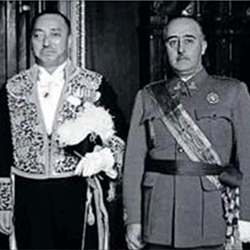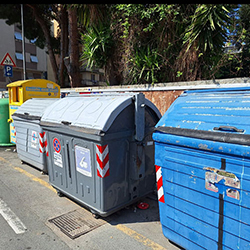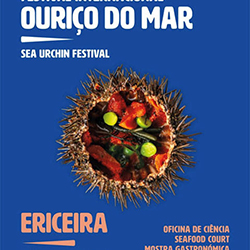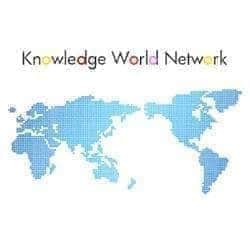
Photo 1
With the ever-worsening relations at the time between Japan and the U.S. in the background, Envoy Suma was the best-informed in the Ministry of Foreign Affairs and was tasked with the urgent objective of gathering intelligence, mainly investigating U.S. movements while he was in Spain, which was close to the Axis powers, Germany and Italy. When the Imperial Japanese Legation in Spain was established in Madrid, it became the base for these activities. The building itself was an aristocrat’s mansion built in 1919 and became the Japanese Legation after the Spanish Civil War ended. Photo 2 shows the building in its current state, now used as the central government mission to the Community of Madrid. As you can see in Photo 3, here and there remain features reminiscent of those times.

Photo 2

Photo 3
Situated in the northern part of Madrid, this district was once known for its many mansions. It is still home to the German, Italian, U.S., and other embassies today and is only 700 meters from the current Japanese Embassy. Envoy Suma relayed information obtained in the Allied countries, mainly the U.S., to Berlin and Rome, and ultimately Japan, from this mansion. This is when an intelligence gathering network set up by the Envoy, called the “To Kikan” (“To Organization”), became active (in secret?) in the U.S.
Its launch was on December 22, 1941, two weeks after the attack on Pearl Harbor. On January 9 in the following year, once the Christmas and New Year's holidays had passed, the Envoy telegraphed to Japan news of the launch of the organization, called “To” ("East"), and the sum of 400,000 yen was appropriated as the startup cost. That is about 400 million yen in today's money. At first, he intended to name the organization the “Theft Organization” [also pronounced “To Kikan”] as its aim was to steal information, but that was too blatant, so he changed "Theft" to "East."
After setting up the organization, it wasn’t until around July 1942 that the activities of the Spanish intelligence operatives sent to the U.S. actually got into full swing. They obtained intelligence on coming operations, for example on the dispatch of U.S. forces to the Battle of Guadalcanal, which is said to have turned the tide in fighting in the Pacific War, and on the development of a new type of bomb (the atomic bomb), intelligence that they sent from the U.S. mainland to Madrid via Mexico and the Caribbean.
However, these valuable pieces of information were not followed up by the military authorities, U.S. Intelligence gradually intensified their pursuit of To, and the organization disappeared. Then, in the wake of the Manila massacre in the Philippines in February 1945 by the Japanese army, in which many Spaniards lost their lives, Spain announced on April 11 of the same year that it was going to sever diplomatic relations with Japan, and Envoy Suma was put into house arrest at the Legation in Madrid until he was sent back to Japan in January the following year.
During that time of about half a year of tedium from staying indoors, he wrote his very substantial memoirs, some 131 volumes. Twenty-six of those volumes were about Spanish art. Apart from the governmental business of intelligence gathering, privately, he was also a collector of Spanish art.
This article is growing long, so I will write about Yakichiro Suma as an art lover in my next article.






























































